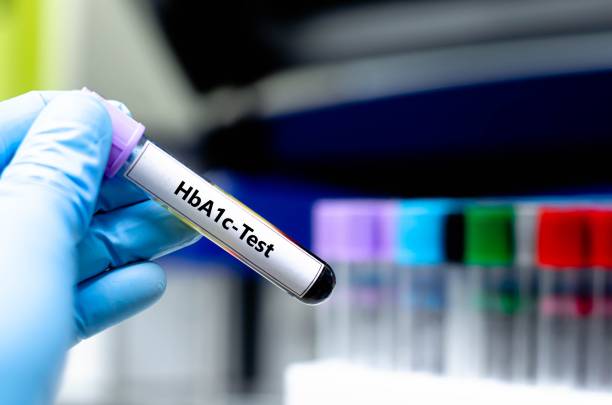Heart disease continues to be a leading cause of death worldwide and has been so for the last 100 years.. For people with type 2 diabetes (T2D), the risk of developing cardiovascular disease (CVD) is much higher. Glucagon-like peptide-1 (GLP-1) receptor agonists have shown promising results in reducing heart-related issues. Let’s take a look at the relationship between heart health and GLP-1 specialist in this post.
How GLP-1 Medications Help Your Heart
GLP-1 receptor agonists which are commonly used to manage diabetes have been found to reduce major cardiovascular events like stroke and heart attack. These medications work by targeting the GLP-1 hormone, which helps regulate blood sugar levels. Here’s how GLP-1 medications can positively impact your heart:
- GLP-1 receptor agonists help in reducing blood pressure. High blood pressure is a major risk factor for heart disease, and by lowering it, these medications can help protection to your heart.
- These drugs also help in lowering bad cholesterol (LDL) and triglycerides, which are fats in your blood that can lead to heart disease.
- GLP-1 medications can assist in weight loss by reducing appetite and slowing down digestion.
- GLP-1 drugs improve the function of the endothelial cells that line your blood vessels for better blood flow.

How GLP-1 Works in Your Body
GLP-1 is a hormone that plays a crucial role in controlling your blood sugar levels. It’s produced in the small intestine and responds to food intake. When you eat, GLP-1 prompts the pancreas to release insulin, which lowers your blood sugar. It also reduces the production of glucagon, a hormone that raises blood sugar levels.
GLP-1 receptors are found in various parts of your body, including the blood vessels and your heart. When GLP-1 binds to these receptors, it triggers several beneficial actions, such as reducing inflammation and oxidative stress.
One challenge with natural GLP-1 is that it breaks down quickly in the body. To overcome this, scientists have developed GLP-1 receptor agonists that last longer. These medications not only help in managing blood sugar but also offer a handful of cardiovascular benefits.
How does GLP-1 help the heart?
GLP-1 receptor agonists (GLP-1 RAs) benefit the heart through several mechanisms. These medications are known to lower blood pressure, promote weight loss, improve cholesterol levels and enhance the blood vessel functions. By addressing these key factors, GLP-1 RAs help reduce the risk of heart-related issues.
What are the cardiovascular outcomes of GLP-1?
GLP-1 receptor agonists have been shown to greatly reduce the risk of major cardiovascular events including cardiovascular mortality, myocardial infarctions (heart attack) and strokes. Studies have demonstrated that GLP-1 RAs can lower the risk of these major adverse cardiovascular events (MACE) by 12-14% compared to a placebo.
Why does GLP-1 increase the heart rate?
The increase in heart rate observed in patients taking GLP-1 RAs is thought to be due to their effects on the autonomic nervous system. These medications can enhance sympathetic activity, which is part of the body’s “fight or flight” response, while inhibiting the parasympathetic nervous system, which is responsible for “rest and digest” activities.

Why is Ozempic good for your heart?
Ozempic® one of the known GLP-1 receptor agonist medications in the market has been proven to lower the risk of major cardiovascular events in adults with type 2 diabetes and existing heart disease. By managing blood sugar levels effectively and promoting weight loss, Ozempic® helps mitigate the factors that contribute to cardiovascular issues.
Does GLP-1 help lower cholesterol?
Yes, GLP-1 can improve cholesterol levels by maintaining stable lipid (fat) levels in the blood, which is crucial for preventing and managing cardiovascular diseases. GLP-1 helps control the sensitivity of B-cells, which are involved in insulin production, thereby improving overall blood sugar and cholesterol balance. This hormone’s ability to stabilize lipid homeostasis supports healthy blood flow and reduces the risks associated with atherosclerosis and vascular dementia.
GLP-1 receptor agonists have proven to be highly beneficial for cardiovascular health and their multifaceted effects make them a valuable addition to diabetes treatment plans.